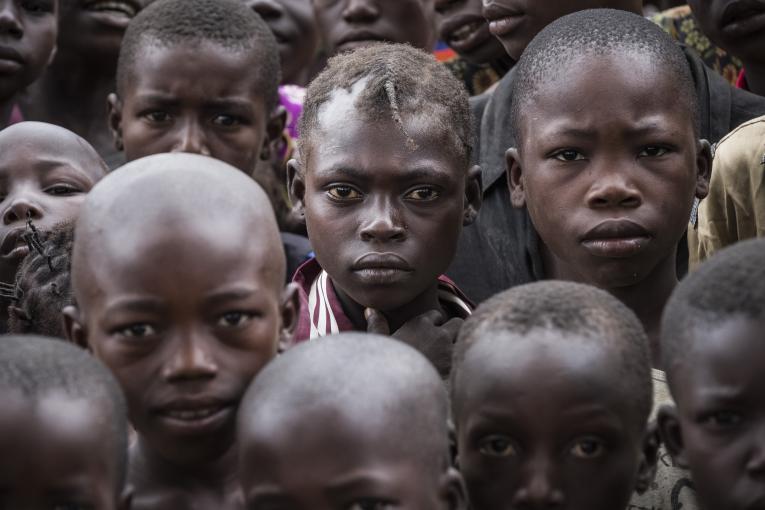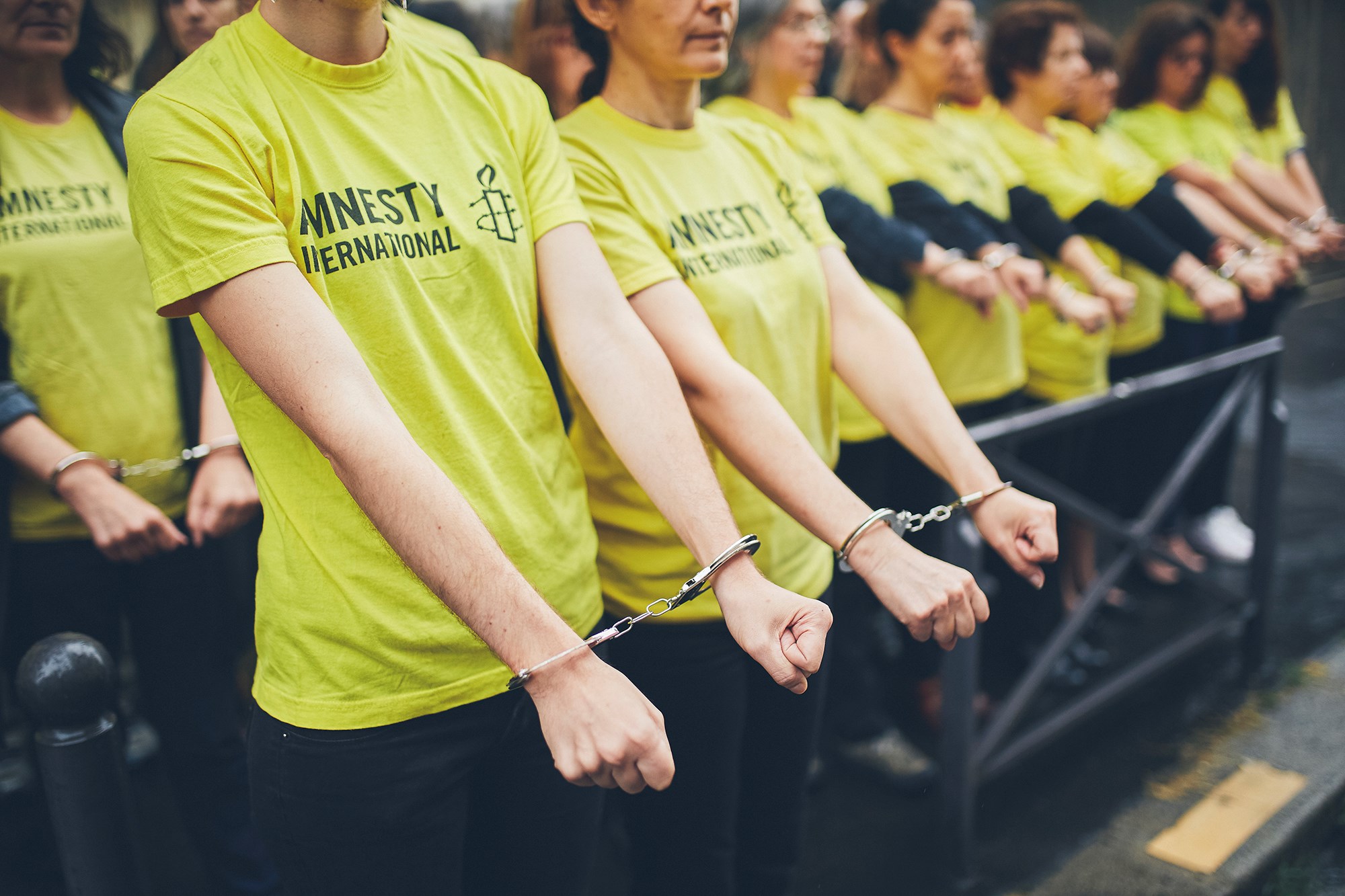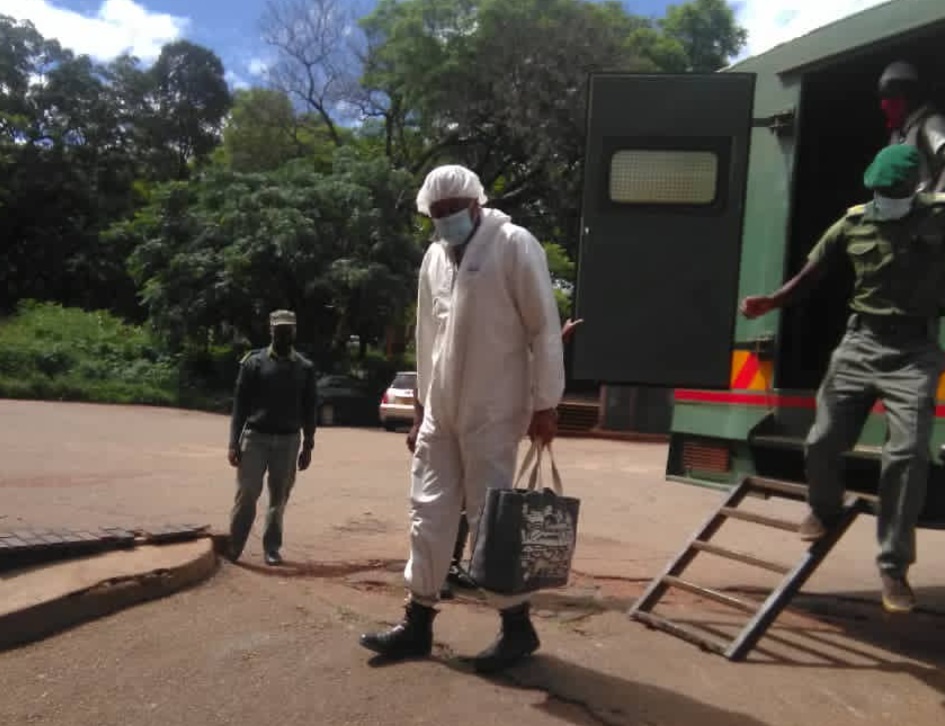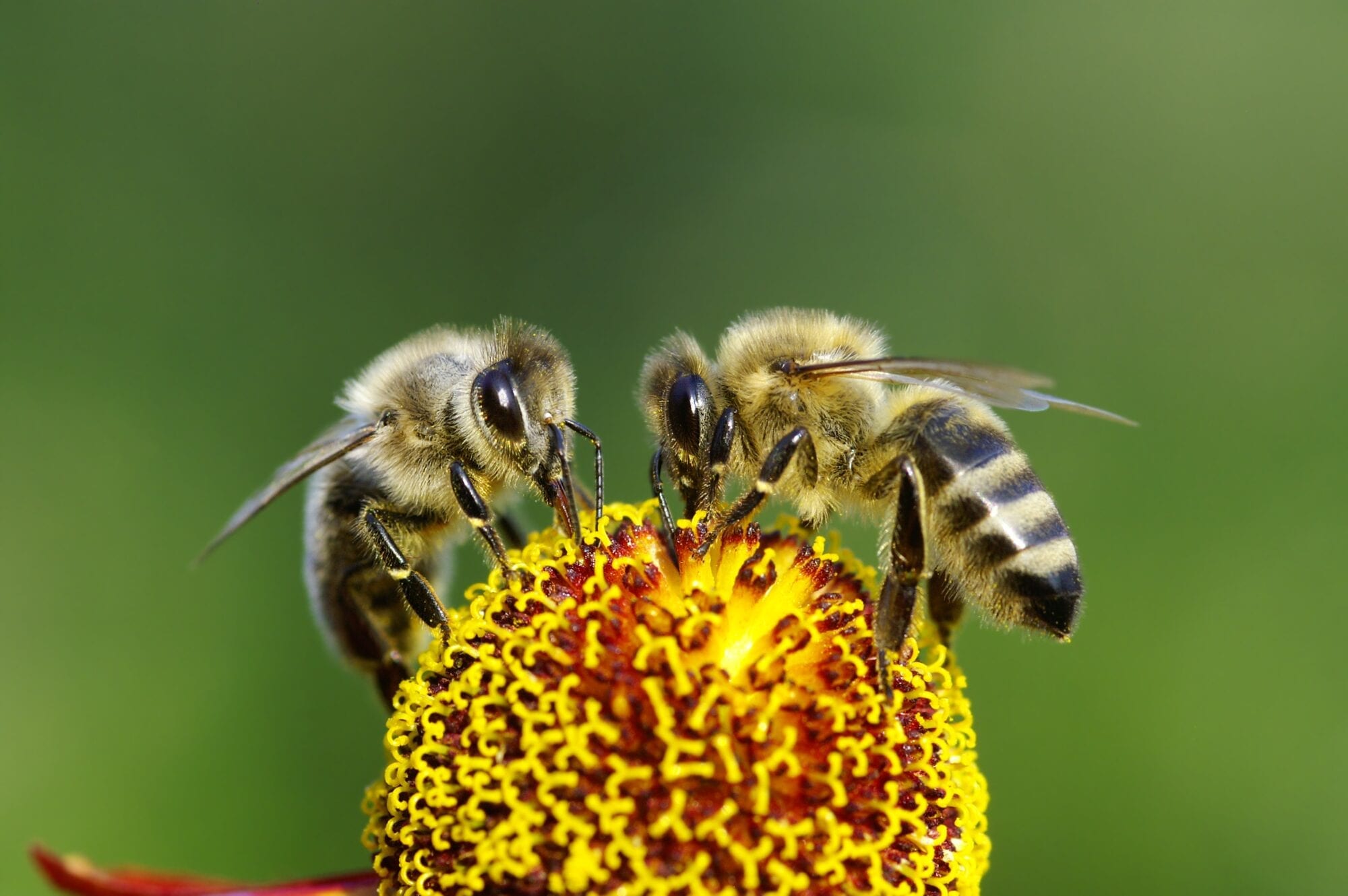Increase in violence threatening thousands of children already affected by COVID-19 in Central African Republic

UNICEF warns thatt armed conflict could lead to higher rates of malnutrition and violations of children's rights.
UNICEF is deeply concerned for the wellbeing of thousands of children estimated to be newly displaced by a surge in violence in several Central African towns, including the capital Bangui, prior to and following the country’s general elections. The crisis is likely to lead to higher rates of malnutrition as well as the recruitment of children into armed groups.





